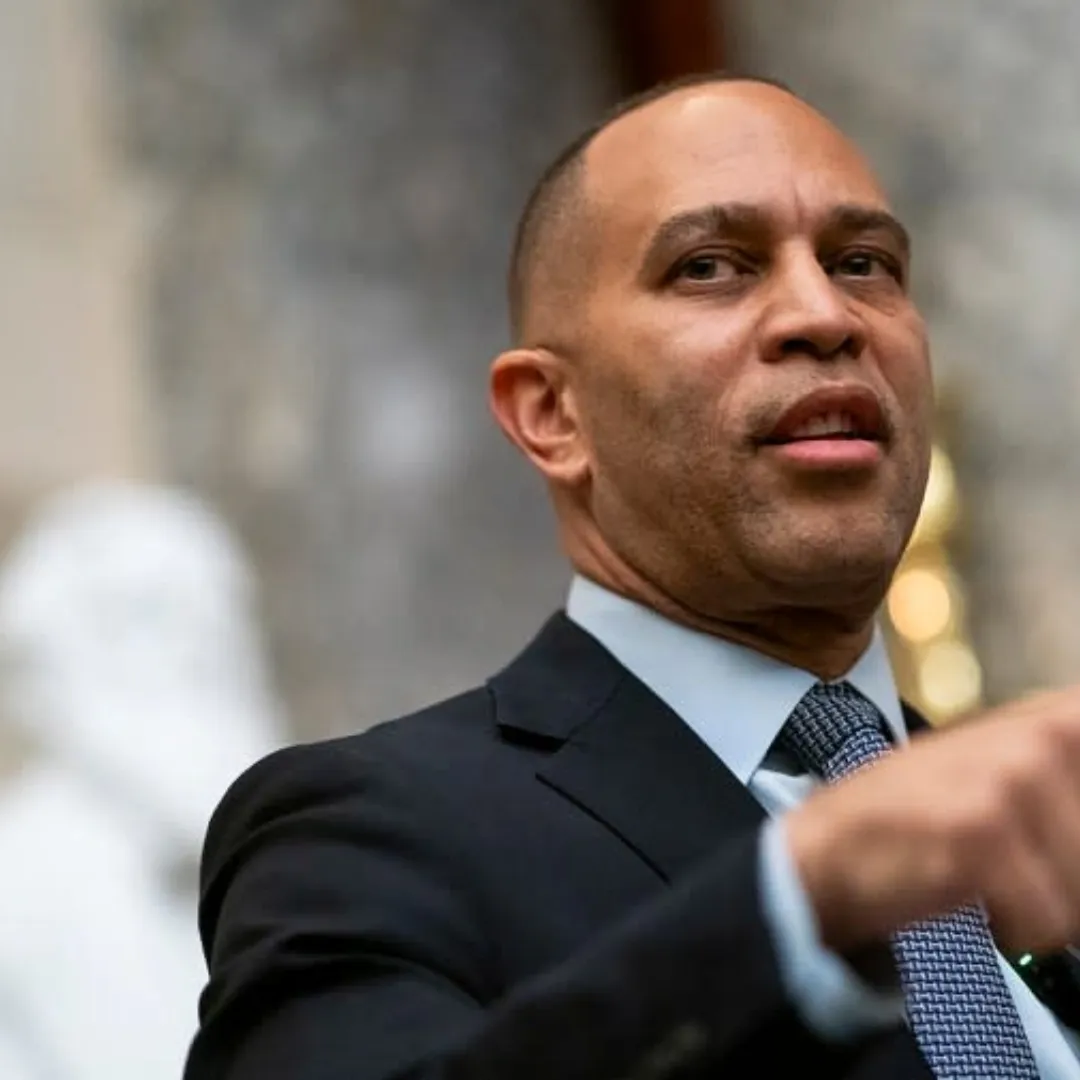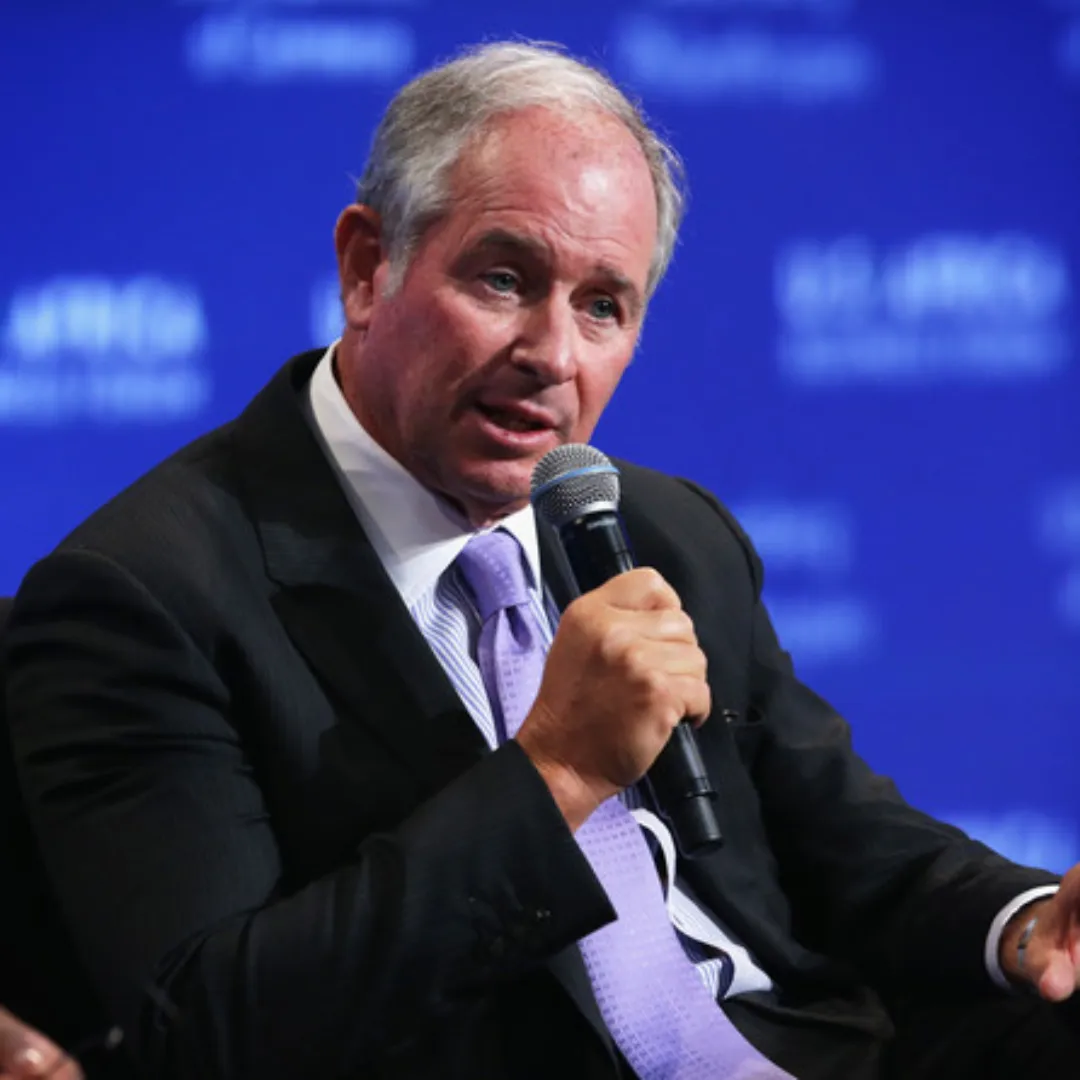
The Social Security Administration’s (SSA) quiet but seismic shift in how it communicates with the public has ignited a firestorm on Capitol Hill, with Senator Elizabeth Warren (D-Mass.) blasting the Trump administration for what she calls a blatant act of “corruption” that could leave millions of vulnerable Americans in the dark.
The administration’s decision to phase out traditional communication channels in favor of Elon Musk’s social platform X, formerly known as Twitter, has triggered outrage from lawmakers, policy experts, and advocacy groups.
“Right, because Grandma is on X. This is corruption, plain and simple,” Warren said Friday, referring to the decision to make Musk’s controversial platform the exclusive channel for public communication from the SSA.
The remark, dripping with sarcasm and frustration, captures the essence of what many see as a dangerous blend of political favoritism and administrative negligence.
The decision comes amid widespread staff cuts and a larger federal effort spearheaded by Musk’s Department of Government Efficiency (DOGE) to “streamline” government operations—a euphemism critics say has become a license for downsizing and privatization.
According to internal reports obtained by Wired, the SSA is not only gutting its regional staff by nearly 90 percent but also eliminating longstanding methods of official communication, including press releases and “Dear Colleague” letters. From now on, if you want to know what’s going on at the SSA, you’ll need to be on X.
SSA Regional Commissioner Linda Kerr-Davis delivered the news to SSA managers earlier this week, informing them that traditional methods of communication would be phased out. “The agency will be using X to communicate to the press and the public ... so this will become our communication mechanism,” she said, according to reports.
For decades, the SSA has relied on a combination of official press releases, mailings, public notices, and inter-agency memoranda to update both the public and its partners about critical changes to benefits, fraud prevention measures, and procedural updates.
These methods are specifically designed to reach seniors, people with disabilities, and low-income beneficiaries—the populations most reliant on Social Security.
Replacing those tools with posts on a platform that skews younger, more male, more tech-savvy, and deeply politicized has alarmed experts who fear that millions of seniors—many of whom are not online, much less active on X—will simply miss out on crucial updates.
“Imagine being an 82-year-old in rural Kentucky who doesn’t use a smartphone, has no broadband access, and depends on their Social Security check to survive,” said Sandra Aguilar, director of the National Center for Social Policy.
“Now imagine telling that person they need to check Elon Musk’s app to find out if their benefits are changing. It’s cruel and absurd.”
Critics have zeroed in not just on the medium, but on the message behind it: the consolidation of government communication through a platform owned by a powerful political ally of President Trump.
Musk, who was tapped by Trump to lead DOGE earlier this year, has used X to boost right-wing talking points, target critics, and promote policies aligned with Trump’s agenda.
“Elon Musk is not a neutral party,” said Rep. Katie Porter (D-Calif.). “He’s been handed control over not just policy, but now the government’s megaphone.”

The White House, however, defended the move. Press Secretary Liz Huston dismissed the backlash as overblown and said the SSA is “actively communicating with beneficiaries and stakeholders.”
She added, “There has not been a reduction in workforce. Rather, to improve the delivery of services, staff are being reassigned from regional offices to front-line help—allocating finite resources where they are most needed. President Trump will continue to always protect Social Security.”
But this version of the story doesn’t hold up to scrutiny. According to Wired, nearly 7,000 SSA jobs have been cut since February alone, and the number of employees working in the agency’s regional offices is expected to drop from 547 to just 70—a staggering 87 percent reduction.
These are not back-office roles. These are the very staffers responsible for interpreting policy, ensuring regional compliance, and assisting in fraud detection.
SSA employees themselves have raised red flags. In an internal conversation, a staffer asked Kerr-Davis whether losing so many subject matter experts would impair the agency’s ability to prevent fraud, waste, and abuse. Her response was as candid as it was disturbing.
“Yes, I mean, we do rely on [their] help ... Things are going to break, and they're going to break fast,” she admitted.
This warning comes amid rising concern over the Trump administration’s broader strategy of consolidating control while reducing oversight—particularly within vital institutions like Social Security.
Critics argue that Musk’s DOGE initiative is not about improving efficiency but about dismantling government institutions and turning them into extensions of the Trump-Musk political-industrial machine.
“You cannot eliminate the people who know how the system works and then pretend it’s going to work better,” said Daniel Friedman, a former senior SSA official who now works in policy advocacy. “You need those people to maintain integrity, troubleshoot problems, and protect the public.”
Then there’s the matter of access. X is not widely used by the elderly population that depends on Social Security. A 2024 Pew Research study found that only 14 percent of Americans over age 65 use X regularly, compared to nearly 60 percent who say they prefer phone calls or printed mail when dealing with government agencies.
That discrepancy is not a coincidence. Social Security’s past communication strategy was built specifically to accommodate older Americans and those with disabilities—populations that frequently have less access to high-speed internet and smartphones.
“This change doesn’t just shift platforms,” said sociologist Dr. Marcia Dellano. “It shifts the burden of access onto the most vulnerable. That’s not modernization. That’s marginalization.”
Further complicating matters, Musk’s X has been plagued with misinformation, erratic content moderation policies, and a user base increasingly hostile to government institutions. It’s hardly an ideal venue for delivering clear, accurate updates about something as crucial as retirement benefits.
“This is like moving all hospital signage to Discord or all IRS forms to TikTok,” Dellano added. “It’s illogical, dangerous, and exclusionary.”
The SSA shift to X is part of a broader pattern of Musk’s growing influence within the Trump administration. As head of DOGE, Musk has spearheaded what the White House calls “government modernization”—a sweeping effort that includes personnel cuts, AI integration, and, apparently, social media overhauls.
Musk has already pushed for mandatory AI audits of federal staff communications, prompted mass layoffs in agencies seen as “bloated,” and installed his signature Starlink terminals in government buildings across D.C.—sometimes without proper clearance. In February, a DOGE employee triggered a silent alarm while installing one on the White House roof.
The optics of these moves—paired with Musk’s erratic online behavior and reputation for clashing with regulators—have deepened concern about the merging of private interests with public infrastructure.
“Elon Musk is essentially running a shadow government within the government,” said Sen. Sheldon Whitehouse (D-R.I.). “He’s not elected. He’s not accountable. And yet, he now controls how the Social Security Administration communicates with the American people.”
The consequences of this shift are not theoretical. They are real, and they will be felt most deeply by the people least able to adapt.
“What happens when a senior doesn’t see a critical post about benefit recalculation?” asked Warren. “What happens when a fraud alert goes unnoticed because it wasn’t mailed? What happens when a caretaker misses a deadline because it was posted on a site they don’t check?”
The Trump administration’s answer seems to be: Let them tweet.
And that, critics argue, is precisely the problem. It reflects an administration more concerned with loyalty to its digital allies than with the needs of real people—especially those who rely on public services to survive.
Warren and a growing coalition of lawmakers are calling for immediate action. A letter is expected to circulate in the Senate this week demanding that the SSA reverse its communication policy and restore traditional public channels. Several advocacy organizations have also indicated plans to file suit on behalf of affected beneficiaries.
Meanwhile, grassroots organizers are mobilizing to alert seniors to the change and advocate for more accessible policies. “We will not allow this administration to turn Social Security into a meme account,” said activist Rosa Jin of the group Protect Our Elders.

As the backlash grows, one thing is clear: the decision to shift SSA communications exclusively to X is more than a platform change—it’s a political statement. And for millions of Americans who depend on Social Security, it could soon become a crisis.






